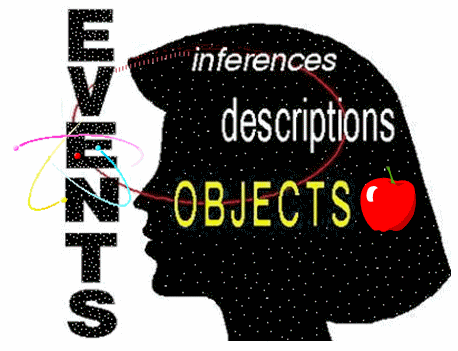
An Epithet By Any Other Name ...
Written October 1996 by Steven LewisA local politician got himself in hot water recently when he referred to his female opponent as a "bitch." He did so privately to his son, but a nearby reporter overheard the comment and reported it.
Soon, the story was topping the local news, with his opponent demanding an "apology," which the candidate obliged. Various groups were "outraged" by the comment, and one editorial writer labelled the comment "profanity." Some news sources wouldn't repeat the horrific word that the candidate had uttered.

At first, I figured the candidate had used one of the famous four-letter Old English cuss words. When one media outlet actually used "the word," I was somewhat amused by all the fuss.
I wondered, "What exactly did the candidate mean by labelling his opponent a bitch?" Was he trying to tell us that he thought she was a female dog? Probably not. Most uses of the term "bitch" when applied to a human female mean something like "abusive or malicious or domineering."
If the latter definition does indeed fit the candidate's meanings, then my next question was: does it fit his opponent? To me, the debate should have included the facts, if any, regarding the alleged bitchiness of his opponent, and not simply focus on the use of a word.
But, often, words get in the way of the facts. People react to words as signals (knee-jerk Pavlovian reactions) instead of symbols (search-for-the-facts Korzybskian reactions). For that matter, people often emote signals that some confuse as symbols. Perhaps that's what the candidate was saying when he called his female opponent a bitch. It was tantamount to his growling or displaying 'the finger' or projecting his tongue or calling her a "son-of-a-bitch." He might have meant nothing more by his epithet than to show his contempt for his opponent.
Would he have been in as much trouble if he had referred to her simply as "abusive, malicious and domineering"? Did the five-letter word b-i-t-c-h make all the difference in our evaluations? Were the media ... caught in a signal reaction to a word? I suspect some were.
I suspect, too, that his opponent, some women's groups and media really didn't take the word "bitch" all that seriously anyway. No doubt most of them have said as bad, if not worse. More likely, they saw it as a means of scoring points ... electoral points as well as rating points. The male candidate had slipped up and got caught saying the equivalent of "ain't" in a room full of English teachers. And now he could be made to pay, regardless of the extensional content of the word.
Go to General Semantics Home Page ||| Go to Steven Lewis Home Page